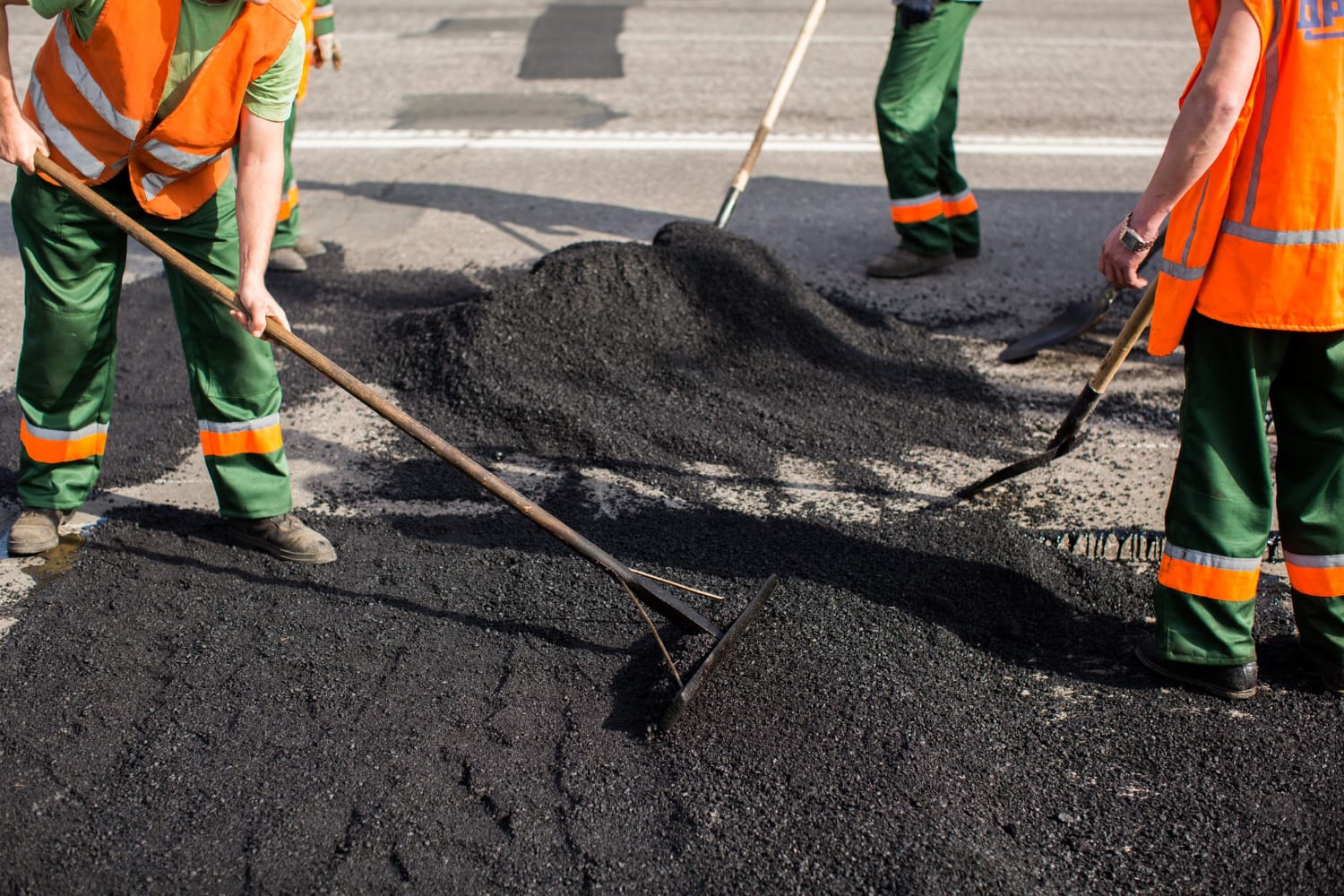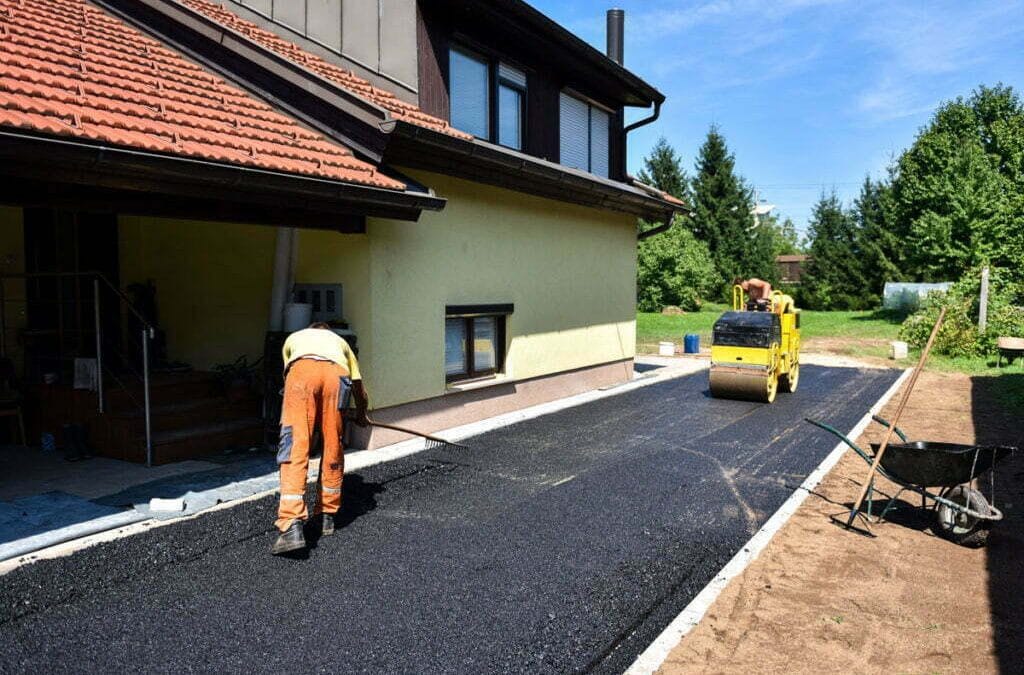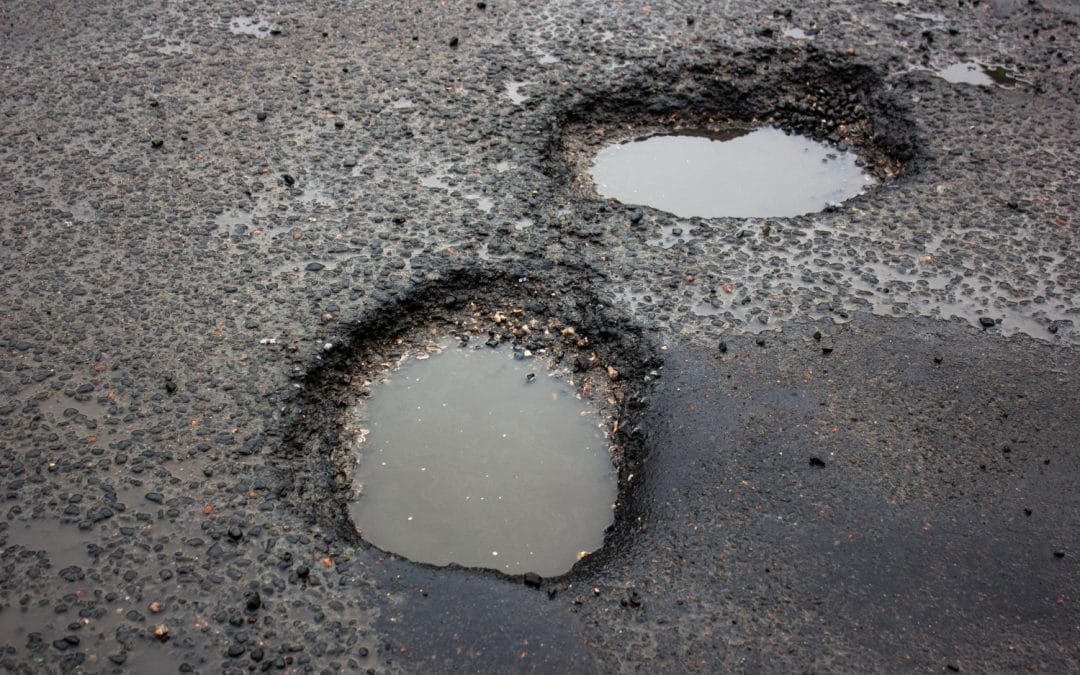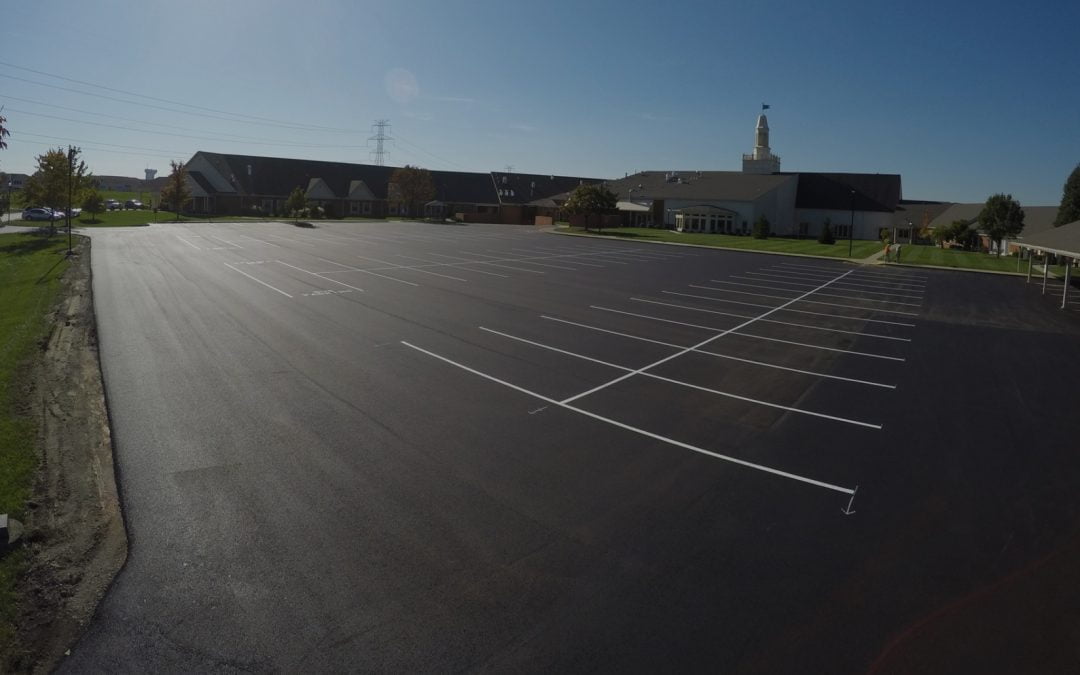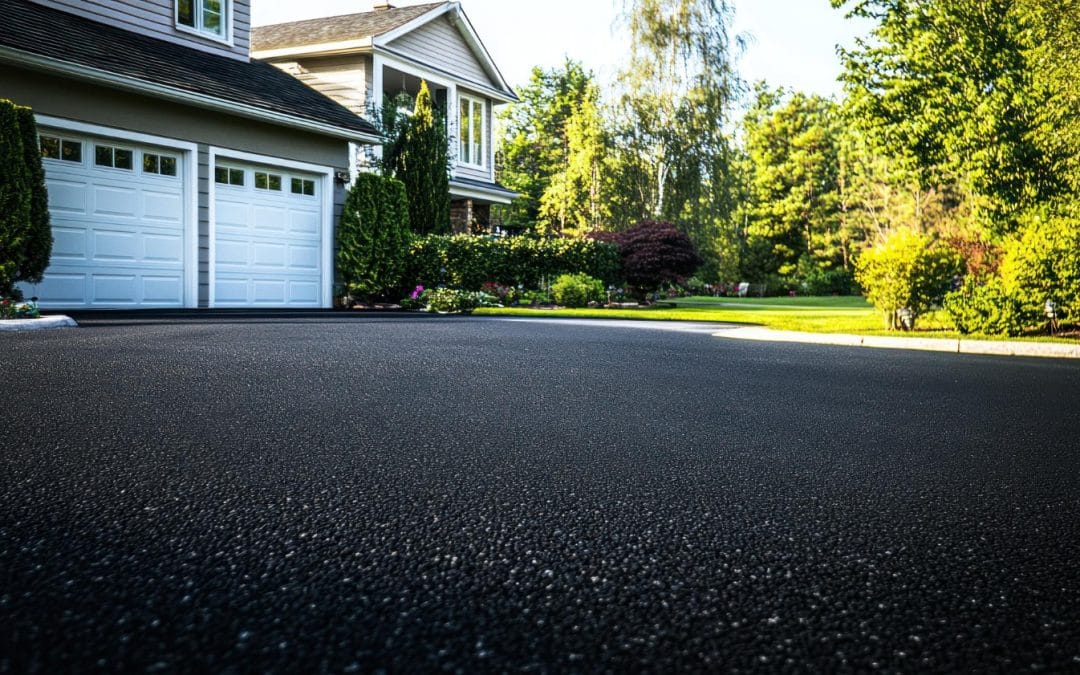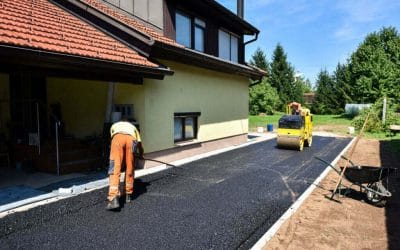If you’ve ever wondered what goes into asphalt paving work, you’re not alone. It’s more than just laying down blacktop—it’s a process that requires expertise and precision. Whether you’re looking to upgrade your driveway or fix those pesky cracks, understanding how asphalt paving works can help you make better decisions and appreciate the value it brings to your home.
What Is Asphalt Paving?
At its core, asphalt paving is the process of installing a smooth and durable surface made from a mixture of aggregates (like sand and gravel) and bitumen (a sticky, petroleum-based substance). This combination is carefully heated, laid down, and then compacted to create a strong, flexible surface. When done correctly, asphalt paving provides a long-lasting, low-maintenance solution for driveways, parking lots, and roads. It’s durable enough to withstand the elements and the constant pressure of vehicles.
Why Asphalt Paving Matters for Homeowners
For homeowners, asphalt paving isn’t just about aesthetics—it’s about functionality and longevity. A well-paved driveway not only boosts your home’s curb appeal but also prevents costly repairs down the line. Those cracks and potholes? They’re more than just an eyesore—they can lead to bigger issues like water damage or foundation erosion if left untreated. That’s why investing in quality asphalt paving work is a smart move. It provides a smooth surface that makes daily activities like parking and walking safer and more comfortable.
Moreover, a freshly paved driveway can instantly elevate the look of your home, giving it a polished, well-maintained appearance. Asphalt is also an eco-friendly choice since it’s 100% recyclable, making it a sustainable option for your property.
What to Expect During Asphalt Paving Work
Asphalt paving is a step-by-step process. First, the old surface (if there is one) is removed, and the ground is prepared to ensure proper drainage and stability. Next, the asphalt is laid down in layers and compacted to create a smooth, even surface. The entire process can take a few days, depending on the size and scope of the project.
Once the paving is done, regular maintenance—like sealcoating and crack filling—can help keep your driveway looking fresh and lasting for years to come.
For more details on how asphalt paving can enhance your property, check out our asphalt paving services. At American Paving, we’ve got over 60 years of experience helping homeowners achieve smooth, durable driveways that stand the test of time.

